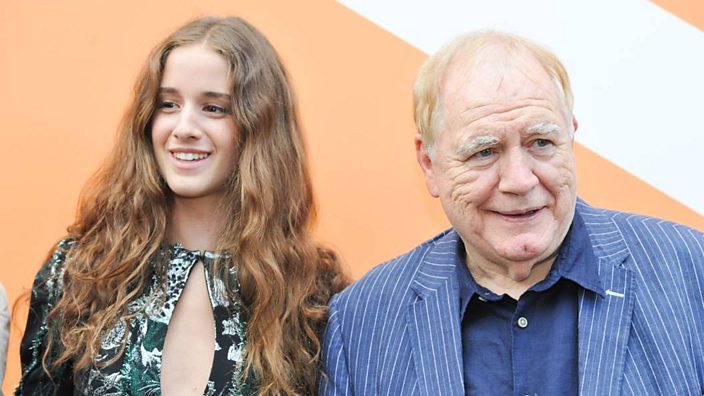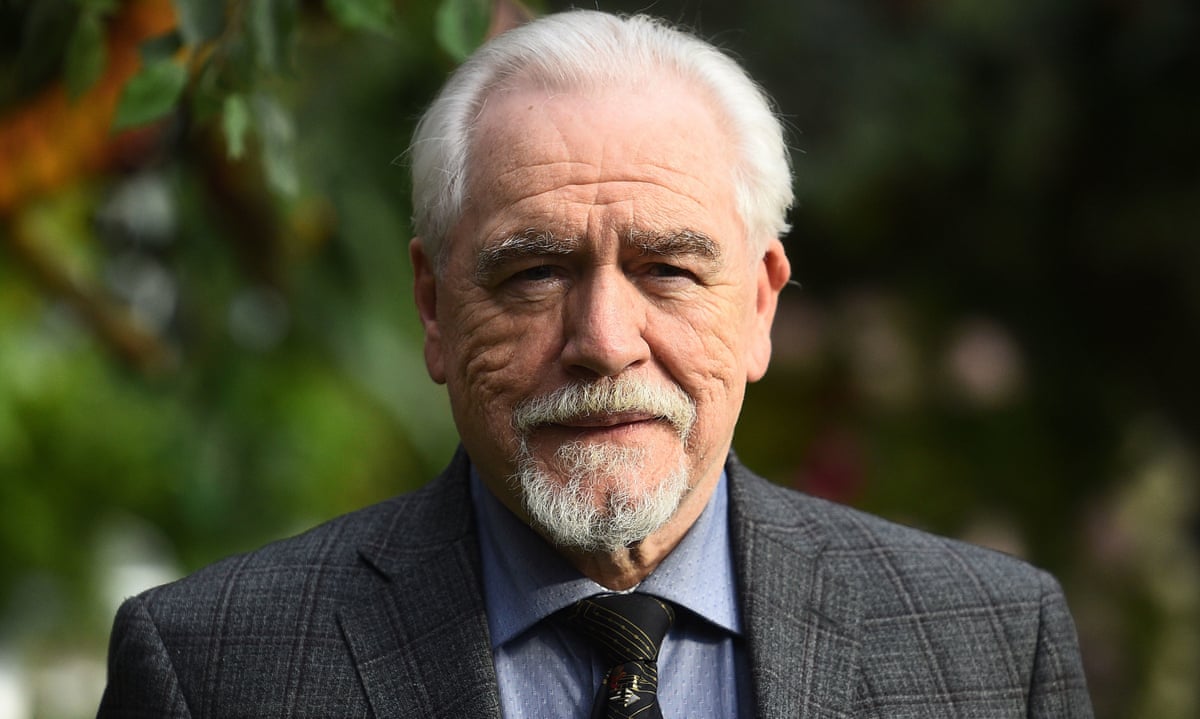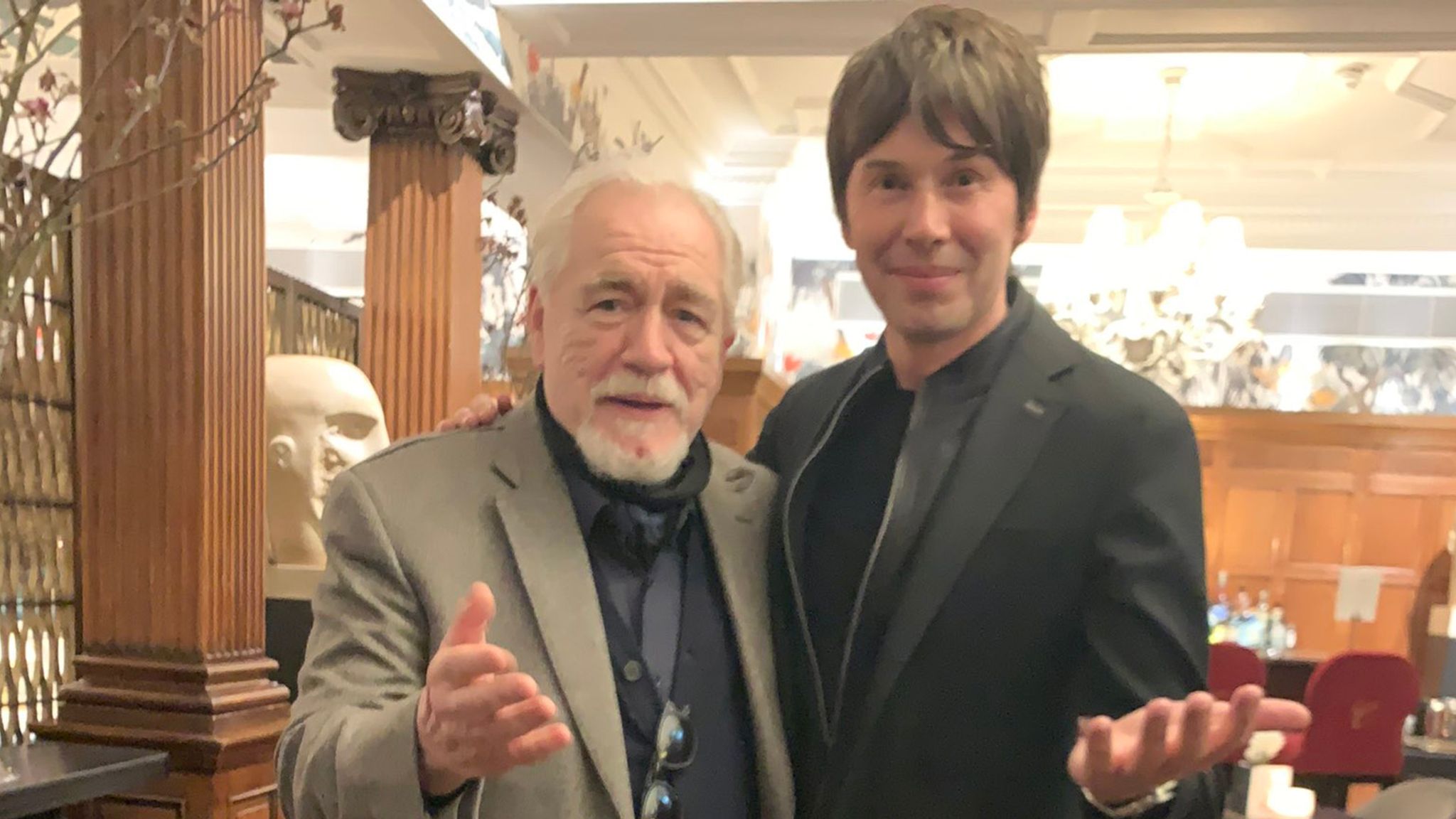Brian Cox
Brian Cox

Brian Denis Cox CBE, born on June 1, 1946, is a distinguished Scottish actor renowned for his exceptional performances across stage, television, and film. A stalwart of classical theater and Shakespearean productions, Cox has garnered acclaim and numerous awards throughout his illustrious career. Notably, he has received two Laurence Olivier Awards, a Primetime Emmy Award, and a Golden Globe Award, in addition to being honored with a nomination for a British Academy Television Award. In recognition of his contributions, Cox was appointed as a Commander of the Order of the British Empire in 2003.
Cox's journey in acting began at the Dundee Repertory Theatre before he became a founding member of the Royal Lyceum Theatre. He further honed his craft as a Shakespearean actor, delivering memorable performances with esteemed theater companies such as the Royal National Theatre and the Royal Shakespeare Company, where his portrayal of King Lear garnered significant praise. Among his notable stage achievements are two Laurence Olivier Awards for Best Actor, awarded for his roles in "Rat in the Skull" (1984) and "Titus Andronicus" (1988), with additional nominations for "Misalliance" (1986) and "Fashion" (1988).
In film, Cox is recognized as a versatile character actor, portraying a wide array of roles with depth and authenticity. His credits include memorable performances as Robert McKee in Spike Jonze's "Adaptation" (2002) and William Stryker in "X2" (2003). For his leading role in "L.I.E." (2001), he earned a nomination for the Independent Spirit Award. Cox's filmography boasts a diverse range of works, such as "Manhunter" (1986), "Rob Roy" (1995), "Braveheart" (1995), "Rushmore" (1998), "The Ring" (2002), "The Bourne Identity" (2002), "Troy" (2004), "The Bourne Supremacy" (2004), "Red Eye" (2005), "Zodiac" (2007), "Fantastic Mr. Fox" (2009), "Rise of the Planet of the Apes" (2011), and "Churchill" (2017).
Cox's remarkable talents have also shone on the small screen, earning him accolades such as the Primetime Emmy Award for Best Supporting Actor in a Limited Series for his portrayal of Hermann Göring in the television film "Nuremberg" (2001). He further showcased his versatility with a memorable guest appearance on the NBC sitcom "Frasier," earning his second Emmy nomination in 2002. Cox notably portrayed Jack Langrishe in the HBO series "Deadwood" and achieved widespread acclaim for his role as Logan Roy in the critically acclaimed HBO series "Succession" (2018–2023). For his portrayal of Logan Roy, Cox received the Golden Globe Award for Best Actor in a Drama Series and garnered three Primetime Emmy Award nominations for Best Actor in a Drama Series.
Cox was born on June 1, 1946, in Dundee, Scotland, as the youngest among five siblings. Hailing from a working-class Roman Catholic family with roots in both Irish and Scottish heritage, Cox's upbringing was marked by humble beginnings. His mother, Mary Ann Guillerline (née McCann), toiled as a spinner in the jute mills and endured several nervous breakdowns during Cox's formative years. His father, Charles McArdle Campbell Cox, initially served as a police officer before transitioning into a shopkeeper. Tragically, Cox lost his father to pancreatic cancer when he was just eight years old, leaving him to be raised by his three elder sisters, including Betty, with whom he maintained a strong bond.
Growing up in Dundee, Cox attended St Mary's Forebank Primary School and later St Michael's Junior Secondary School, where he completed his education at the age of 15. Subsequently, he embarked on a journey into the world of theater, initially finding employment at the Dundee Repertory Theatre. This early exposure ignited his passion for acting, leading him to pursue formal training at the London Academy of Music and Dramatic Art at the age of 17. Cox dedicated himself to honing his craft, eventually graduating from the esteemed institution in 1965.

Brian Cox embarked on his acting journey at the tender age of 14, taking his first steps onto the stage at Dundee Repertory Theatre in 1961. His talent and dedication soon led him to become one of the founding members of the Royal Lyceum Theatre Edinburgh, where he showcased his skills in the inaugural production, "The Servant O’ Twa Maisters," in October 1965.
Transitioning to broader horizons, Cox ventured to the Birmingham Repertory Theatre in 1966, where he spent two formative years. During his tenure there, he notably portrayed the titular character in "Peer Gynt" in 1967, showcasing his versatility and depth as an actor. Additionally, Cox marked his debut on London's prestigious West End stage in June 1967, assuming the role of Orlando in "As You Like It" at the Vaudeville Theatre, thus cementing his presence in the theatrical realm with a compelling performance.
Cox's prowess as a Shakespearean actor flourished during the 1980s and 1990s, as he graced both the Royal Shakespeare Company and the Royal National Theatre with his talent. In 1983, he shared the stage with the legendary Laurence Olivier, portraying the Duke of Burgundy opposite Olivier's titular role in "King Lear." This remarkable performance showcased Cox's depth and skill as an actor.
The following year, in 1984, Cox delivered a compelling portrayal of Inspector Nelson, a Royal Ulster Constabulary officer, in the Royal Court's production of "Rat in the Skull." His outstanding performance earned him the prestigious Laurence Olivier Award for Best Actor in a New Play, solidifying his status as a theatrical luminary.
Venturing across the pond, Cox made his Broadway debut in February 1985, mesmerizing audiences with his portrayal of Edmund Darrell in Eugene O'Neill's "Strange Interlude" at the Nederlander Theatre. This performance earned him his first British Theatre Association Drama Award for Best Actor.
Continuing his success, Cox made his off-Broadway debut in May of the same year, reprising his role as Inspector Nelson in "Rat in the Skull" at the Public Theater. His talent resonated once again, further establishing him as a force to be reckoned with on the international stage.
Cox's theatrical achievements continued to accumulate, with two additional Laurence Olivier nominations for his roles in "Misalliance" (1984) and "Fashion" (1988). However, it was his riveting portrayal of the title character in "Titus Andronicus" in 1988 that earned him his second Laurence Olivier Award, this time for Best Actor in a Revival. Cox himself hailed this performance as the pinnacle of his stage career, considering it his greatest achievement on the boards. Additionally, his captivating portrayal of Petruchio in "The Taming of The Shrew" in 1987 garnered rave reviews and another British Theatre Association Drama Award for Best Actor, further cementing his legacy in the realm of Shakespearean theater.
References
- "Brian Cox regrets becoming a CBE and says he would 'never' accept a knighthood". The Independent. 27 January 2020. Retrieved 29 March 2023.
- a b c d e f g h i "Profile: Brian Cox". Shakespeare Uncovered. Retrieved 13 September 2021.
- ^ Hogan, Michael (6 January 2020). "Brian Cox's rise to power: how a penniless boy from Dundee became TV's favourite billionaire". The Telegraph. Archived from the original on 10 January 2022 – via www.telegraph.co.uk.
- a b c "Brian Cox Biography". filmreference. 2008. Retrieved 4 April 2008.
- ^ Ramaswamy, Chitra (22 February 2010). "Interview: Brian Cox, actor". Edinburgh: The Scotsman. Archived from the original on 11 November 2010. Retrieved 17 September 2010.
- ^ Cox, Brian (1992). Salem to Moscow: An Actor's Odyssey. Methuen Drama. ISBN 978-0-413-66450-1.
- ^ Ross, Shan (12 August 2009). "Madness, death, hardship: star's roots revealed". Edinburgh: The Scotsman. Retrieved 13 November 2021.



































